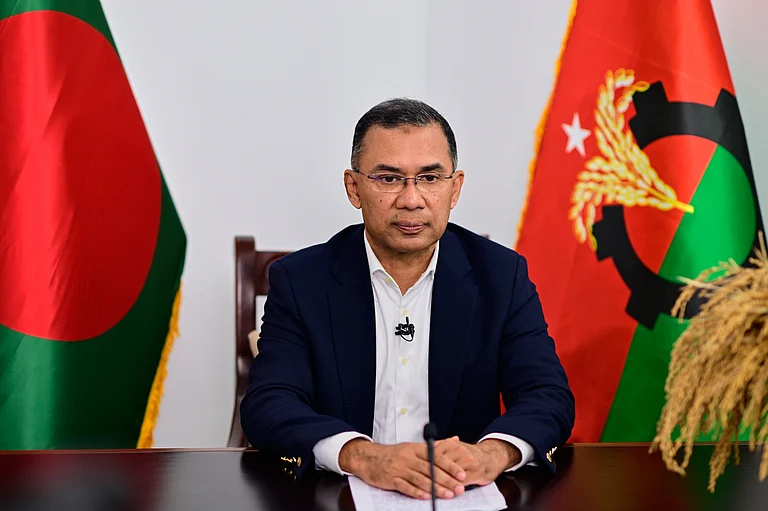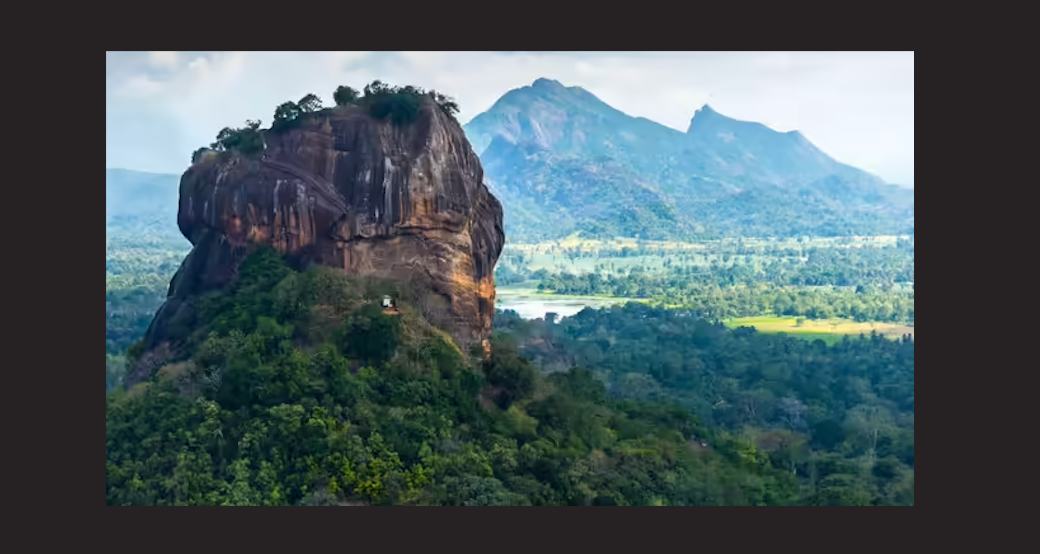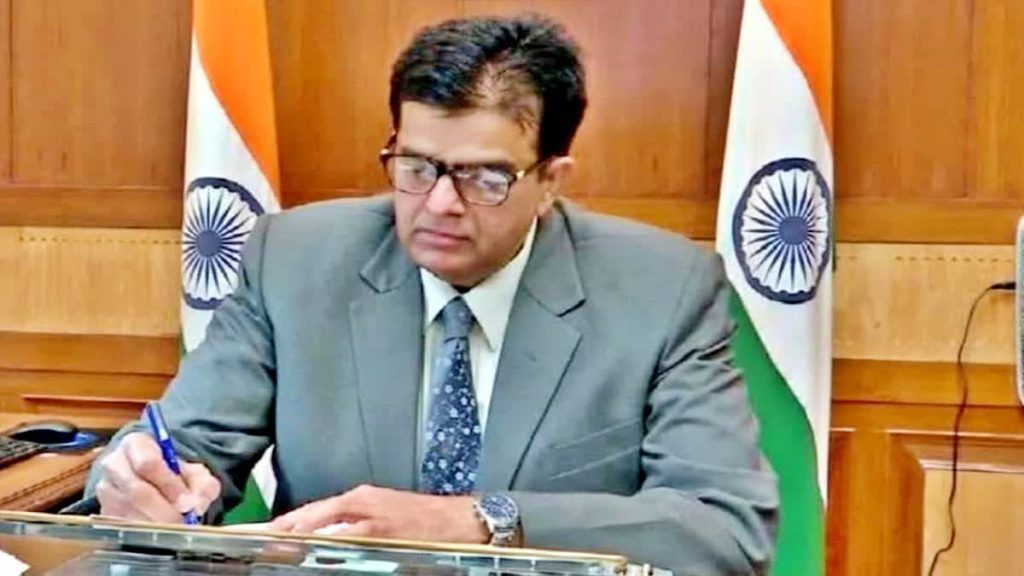“We are Indians and we all come under one banner.”
— Gurnam Singh
Australian cities came alive with excitement and optimism as Indian Prime Minister Narendra Modi embarked on his latest visit to Australia. A particular group that extended a warm welcome was the Sikh diaspora, displaying unity, pride, and an overarching sentiment: “We are Indians and we all come under one banner.”
Among the prominent figures leading the welcoming party was Gurnam Singh, founder of the Australian-Indian Sports Educational & Cultural Society. Singh, representing the sentiments of many in the Sikh community, stressed their Indian identity and the rejection of divisive elements, reported khalsavox.com.
“We love Modi and reject disruptive Khalistani elements of US & Canada,” he proclaimed, aligning the Sikh community in Australia firmly with their homeland.
Singh also noted that this visit was a sign of an exciting shift in Australia-India relations. “The relationship between India and Australia has never gone beyond cricket until now. But now with the free trade agreement, it has brought a little more attention to India,” he said.
Singh’s remarks echo the sentiments of many who believe the Free Trade Agreement (FTA) could lead to a flourishing partnership between the two nations, a sentiment buoyed by the PM’s visit.
The event made one thing clear: The Indian diaspora, and particularly the Sikh community in Australia, looks forward to a future where the bond between Australia and India transcends cricket, venturing into realms of deeper economic, educational, and cultural integration
As a substantial section of the Indian diaspora in Australia, the Sikh community has been instrumental in bridging cultural gaps and fostering bilateral relations. Their enthusiastic reception of PM Modi was a powerful display of their pride in their Indian heritage, and their willingness to play a proactive role in the strengthening of Australia-India relations.
Singh’s belief that PM Modi’s visit gave life to the FTA underpins the significance of such diplomatic trips. He suggested that Modi’s presence in Australia made the “trade agreement actually become alive,” demonstrating that international diplomacy and direct engagement can catalyze policy into action.
The reception also underscored the Sikh community’s distancing from Khalistani elements — separatists seeking an independent Sikh homeland named Khalistan, primarily present in the US and Canada. The Sikh diaspora’s reception, instead, showed an overarching sentiment of unity under the banner of their Indian identity.
The event made one thing clear: The Indian diaspora, and particularly the Sikh community in Australia, looks forward to a future where the bond between Australia and India transcends cricket, venturing into realms of deeper economic, educational, and cultural integration.
********************************************************
Readers
These are extraordinary times. All of us have to rely on high-impact, trustworthy journalism. And this is especially true of the Indian Diaspora. Members of the Indian community overseas cannot be fed with inaccurate news.
Pravasi Samwad is a venture that has no shareholders. It is the result of an impassioned initiative of a handful of Indian journalists spread around the world. We have taken the small step forward with the pledge to provide news with accuracy, free from political and commercial influence. Our aim is to keep you, our readers, informed about developments at ‘home’ and across the world that affect you.
Please help us to keep our journalism independent and free.
In these difficult times, to run a news website requires finances. While every contribution, big or small, will makes a difference, we request our readers to put us in touch with advertisers worldwide. It will be a great help.
For more information: pravasisamwad00@gmail.com








